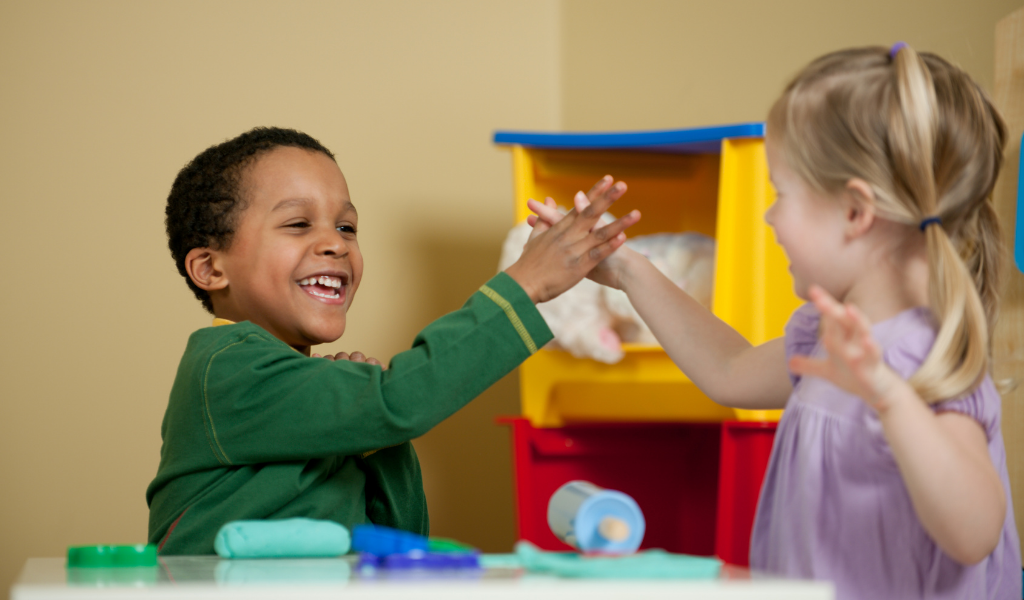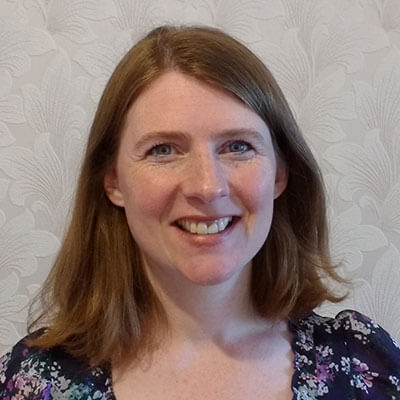A global pandemic is the perfect time to explore superhero play with our children. The young children we are working with are surrounded by stories of heroism in real-life – NHS workers, refuse collectors, supermarket employees and delivery drivers to name a few. As these heroes are ordinary people, we can explain to the children that they can also be brave, resilient and strong. Playing at superheroes should not be limited to those with superpowers or extra-human strength, instead, children can explore heroic abilities relating to real-life scenarios too. We want our children to develop a growth mindset where the sky’s the limit, or rather, where there are no limits! Children will pick up on these themes in their play and as early childhood educators, we can encourage this. There are some great books available to help us, such as Real Superheroes by Julia Seal and we can role model and share stories about people overcoming adversity and problem-solving in everyday scenarios.
When I was writing my book, Calling All Superheroes, I included a chapter which considered real-life heroes and encouraged children to think about how ordinary people can, and do, do extraordinary things.

We also need to teach children how small actions are also heroic in their own way and might make a big difference to others. For example, asking someone to play with you if they are on their own or smiling a sad friend and asking if you can help. These everyday acts of kindness can make a huge difference to someone’s day and even their life! We can explain that heroes come in all shapes and sizes – men, women, boys, girls, all nationalities, all ethnic groups, all socio-economic statuses and so on. Everyone can be a hero when they show compassion or care for others.
As well as playing at ‘real-life heroes’ we will also regularly observe children engaging in play that involves heroes and villains and within our settings, superheroes come in all sorts of guises and disguises – literally! From Batman to Wonder Woman and from ‘Tree Fu Tom’ and ‘Go Jetters’ to doctors and firefighters. Play themes observed frequently include ‘goodies’ and ‘baddies’, ‘killing’ or ‘death’ and this type of play can often attract more boys than girls. Early childhood educators sometimes feel in conflict about whether to embrace this type of play or to ban it. Despite some people’s reservations, there are many benefits in allowing children to engage in superhero play:


Tamsin Grimmer is an experienced and excellent consultant and trainer, the early years director of Linden Learning and a part-time lecturer at Bath Spa University. Tamsin is passionate about young children’s learning and development and is fascinated by how very young children think. She believes that all children deserve practitioners who are inspiring, dynamic, reflective and passionate about teaching them and has a keen interest in the different ways that children learn. Tamsin is particularly interested in play, active learning, promoting positive behaviour and supporting early language development. She has written three books (Calling All Superheroes, School Readiness and the Characteristics of Effective Learning and Observing and Developing Schematic Behaviour) with a fourth on Developing a Loving Pedagogy due to be published in Spring 2020.